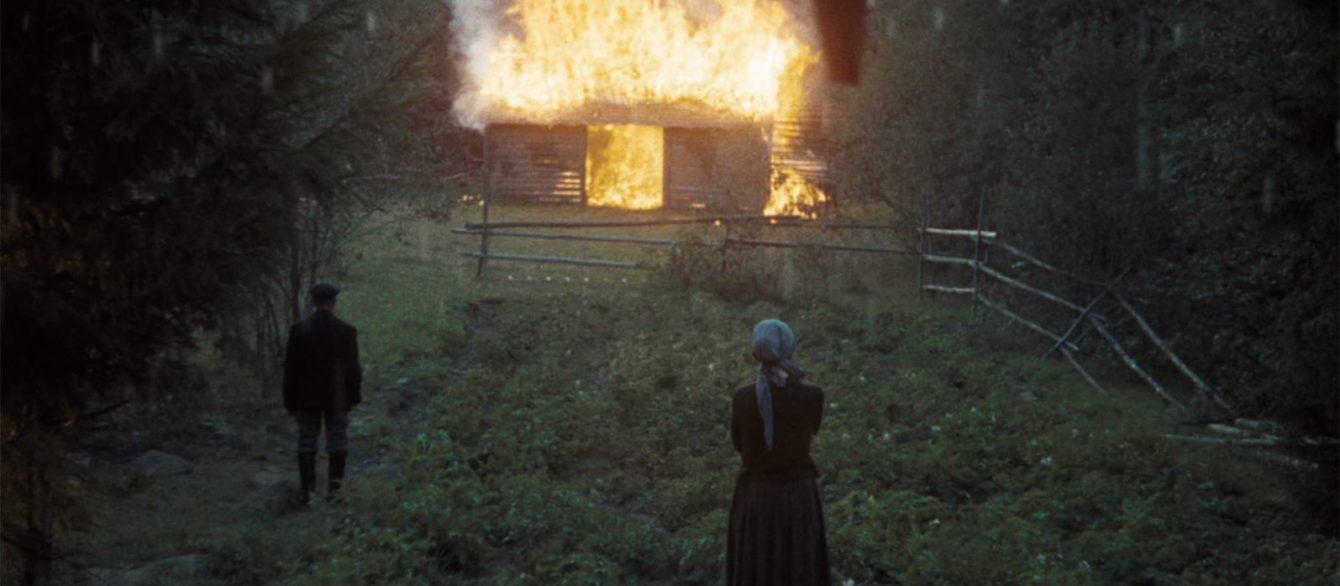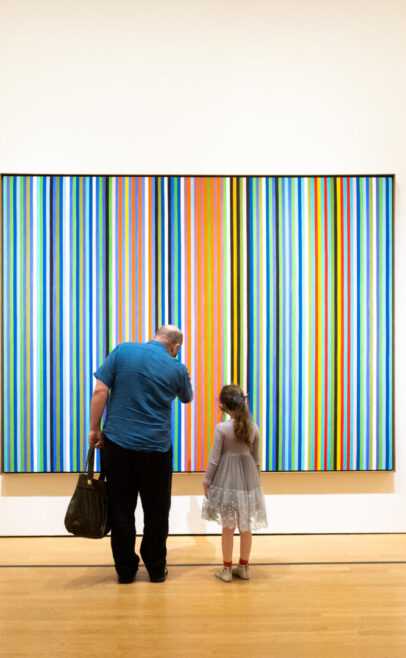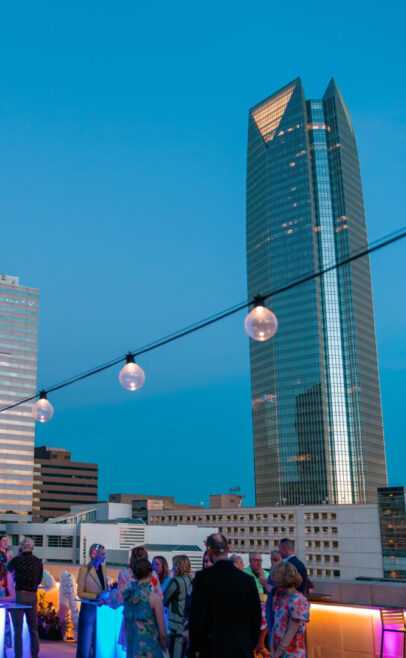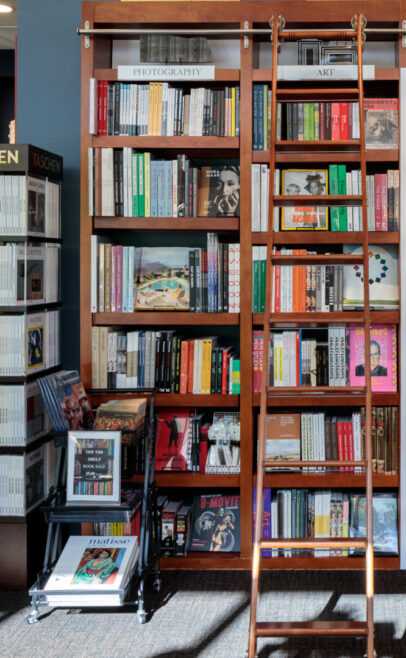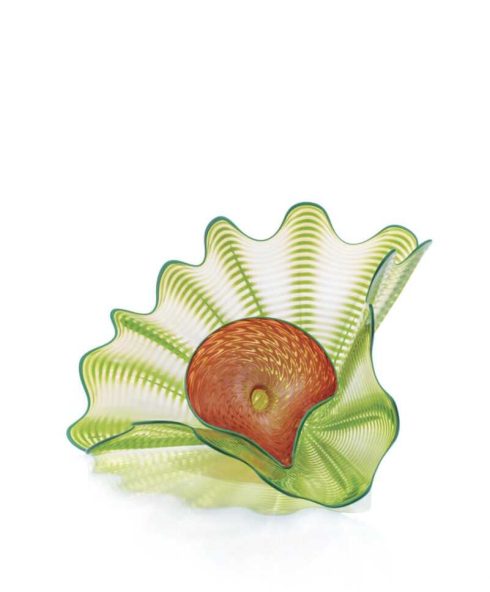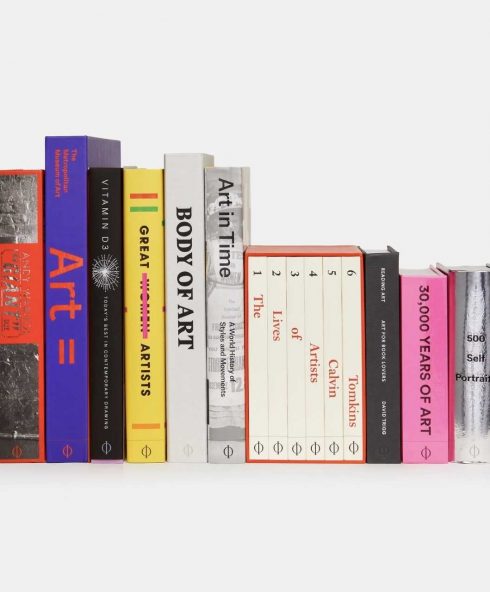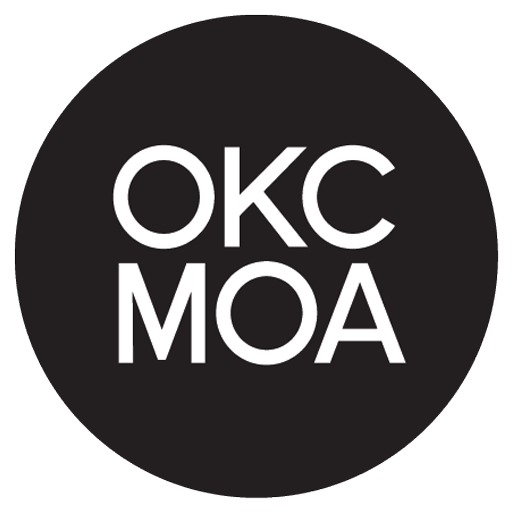A senses-ravishing odyssey through the halls of time and memory, Andrei Tarkovsky’s (Solaris, Stalker) fourth feature is as much a film as it is a poem composed in images. In a richly textured collage of varying film stocks and newsreel footage, the recollections of a dying poet flash before our eyes, dreams mingling with scenes of childhood, wartime, and marriage, all imbued with the mystic power of a trance.
Drawing on Tarkovsky’s own family memories, the film traverses three generations of the poet’s family in 20th-century Russia. His relationships with his wife, mother, and children and the society around him coalesce through events connected only by the interior logic of the poetic subconscious, yielding associations that both mystify and enthrall. Unified by cinematographer Georgi Rerberg’s delicate lensing, Mirror employs radical shifts in both texture and color, abstracting the elemental minutiae of everyday life (like waves of air spreading across a field, or spilled milk pooling on a table) to conjure the nostalgic sensations of memory and an enigmatic feeling of being outside space and time. Largely dismissed by Soviet critics upon its release due to its elusive narrative structure, Mirror has since taken its place as one of the titan director’s most renowned and influential works, a stunning personal statement from an artist transmitting his innermost thoughts and feelings directly from psyche to screen.
